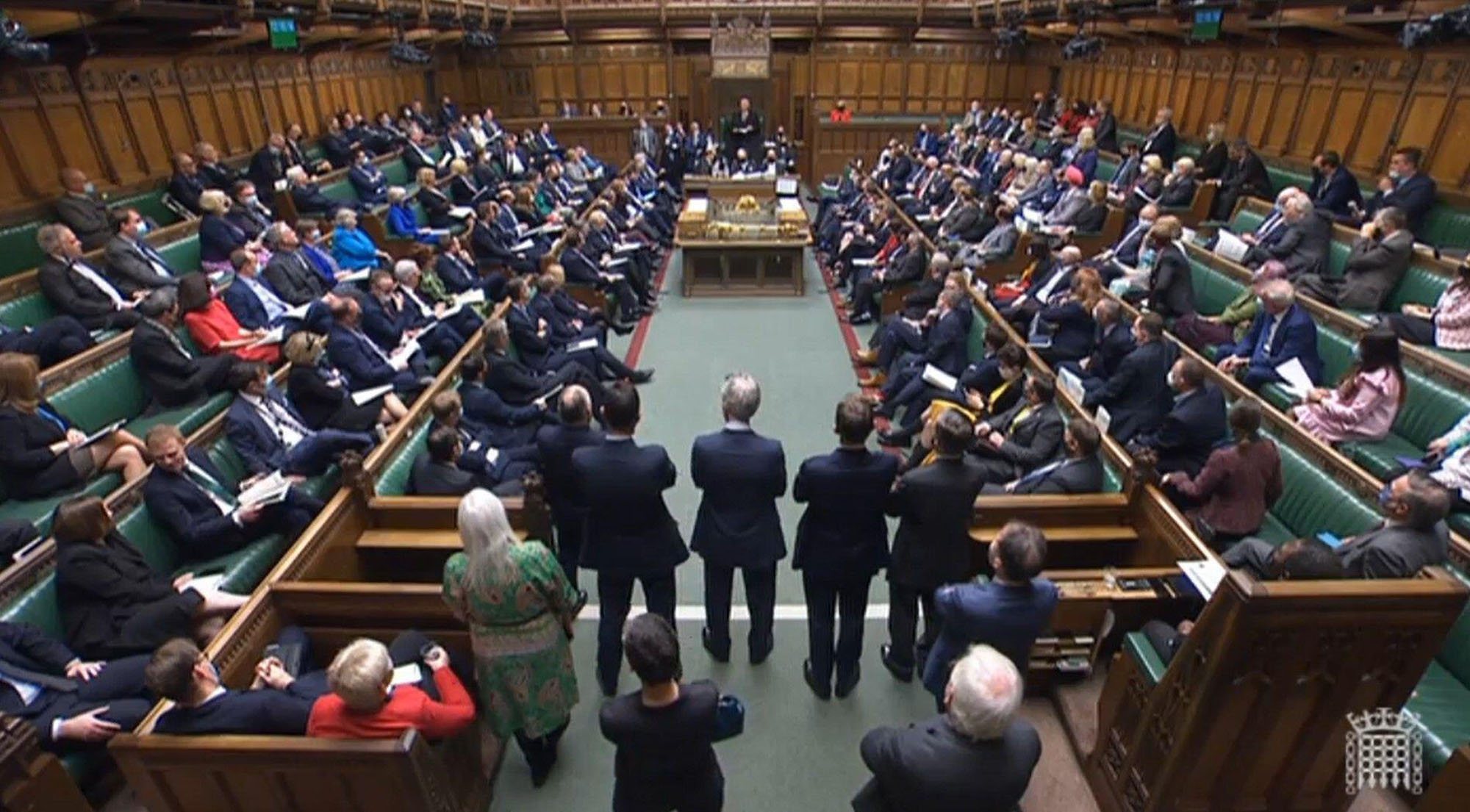MPs' Second Jobs Are Still Far From Banned And Some Fear Reforms Will Be "Kicked Into The Long Grass"
Despite last night's vote there has not yet been any change to the code of conduct of MPs around second jobs (Alamy)
4 min read
The government has claimed a vote on standards reform will update Parliament’s code of conduct to outlaw controversial second jobs for MPs, but the man in charge of drafting the rules has reminded them that is not in fact the case.
Last night a motion put forward by Labour that called for a ban on "any paid work to provide services as a parliamentary strategist, adviser or consultant”, was voted down by 282 votes to 231.
Crucially, theirs included a hard deadline of 31 January for the committee on standards, led by Chris Bryant, to firm up the detail, but instead a vaguer government amendment was passed.
Theirs describes the consultancy ban as "the basis of a viable approach" to support the work of the standards committee in updating the MPs' code of conduct, and specifies no timeline.
“MPs will be banned from acting as paid political consultants or lobbyists and [means] that MPs are always prioritising their constituents,” a government spokesperspon said in a statement last night.
But Bryant subsequently pointed out that the vote alone in fact "doesn’t mean that".
"We haven’t changed anything yet,” the Labour MP added.
Bryant should know – it is his cross-party committee that will now draw up proposals to reform the code of conduct, based on the principles set out by Boris Johnson in a letter to Commons Speaker Sir Lindsay Hoyle this week.
Bryant has confirmed he hopes to have an initial report by the end of this month, but said the final proposed changes will only be ready to present to the Commons in early 2022.
The Prime Minister wants to update the rules with two key recommendations from a 2018 report by the Committee on Standards in Public Life, so that any outside work by MPs should be "within reasonable limits" and "not prevent them from fully carrying out" their duties.
What constitutes "reasonable limits" is still to be defined.
The changes would also ban MPs from accepting paid work as a parliamentary strategist, adviser or consultant, and from accepting payment or offers of employment to act as political consultants. This morning Bryant reiterated that it will still take some time to define the exact parameters of Johnson's proposals, let alone implement them.
This morning Bryant reiterated that it will still take some time to define the exact parameters of Johnson's proposals, let alone implement them.
“Just to be very clear: the House did not vote to change the rules on second jobs last night. The code of conduct has not changed," he tweeted.
“The Committee on Standards will produce a report on every aspect of the code of conduct, including second jobs, very soon.
“We will consult on our proposals before bringing out firm recommendations for a revised code of conduct which can be debated and voted on, as a whole, by the House when the government allows time.”
The final five words – "when the government allows time" – are key. Even when Bryant reports back, it will still be up to Johnson when the rule changes will be brought before MPs in the Commons, as his ministers are in charge of what matters are discussed in the chamber.
The government has already faced criticism over not having brought previous standards committee business to the floor of the House quickly enough, and there are fears that with no set time limit, this matter will be allowed to drift further into 2022. Labour’s shadow chancellor Rachel Reeves has accused the government of a lack of urgency on standards reform.
Labour’s shadow chancellor Rachel Reeves has accused the government of a lack of urgency on standards reform.
"The problem with the amendment from the government which was passed yesterday is that there is no timetable," she told BBC Radio 4's Today programme.
"It wasn't a binding vote and, as a result, I just fear it is going to be kicked further into the long grass rather than the fundamental reform that people want and need to see now to restore confidence in our parliamentary democracy."
There has also been suggestion that the wording of the government’s plan as outlined last night would not sufficiently tackle the sorts of consultancy work which the PM said it would. Labour has accused the government of coming up with a "watered down" version of their plan.
Analysis by the Guardian suggests as plans are currently drafted, fewer than 10 MPs are likely to be affected, despite almost 100 of them holding second jobs.
The newspaper believed that because the proposed clampdown on working as parliamentary advisers is worded so narrowly, only two Tories out of the 48 who have declared consultancy roles in the register of interests would have to give them up.
PoliticsHome Newsletters
PoliticsHome provides the most comprehensive coverage of UK politics anywhere on the web, offering high quality original reporting and analysis: Subscribe
